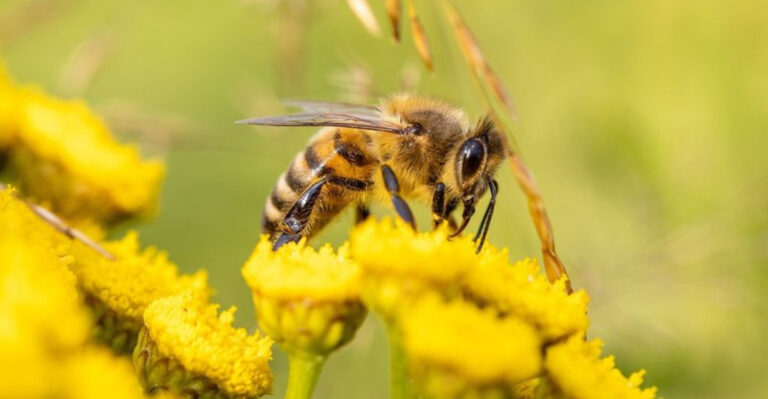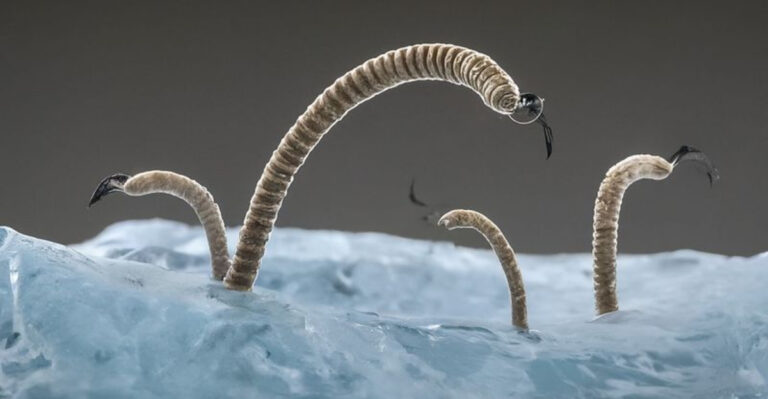The Ideal Bird You Should Attract Into Your Garden For Effortless Pest Control
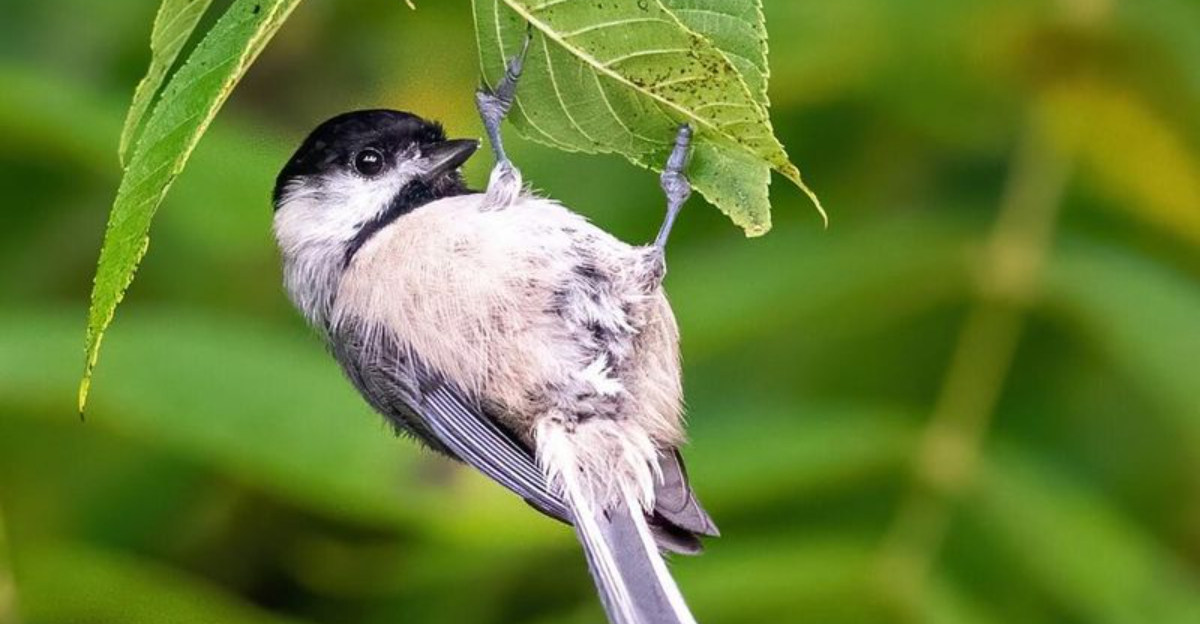
Chickadees are nature’s delightful little pest controllers, and they bring more than just their cheerful presence to your garden.
These small, energetic birds are not only endearing with their persistent “chick-a-dee-dee-dee” song, but they are also highly effective at keeping wasp populations in check.
By attracting chickadees to your backyard, you can enjoy a natural, fuss-free way to manage these pesky insects while enjoying the lively company of one of nature’s most charming avian visitors.
1. Understanding The Chickadee’s Diet
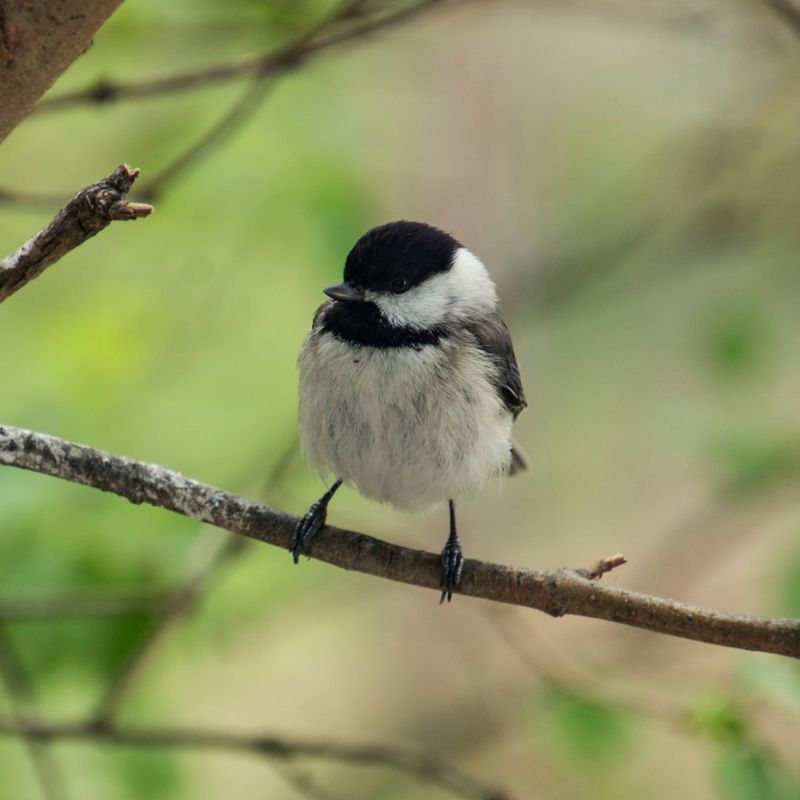
Chickadees are voracious hunters, and their diet is as fascinating as their vibrant personalities. These birds thrive on a protein-rich diet, with insects making up a sizable portion of their meals.
Wasp larvae are a particular favorite, and chickadees have been observed deftly plucking these larvae from their nests.
These small birds are surprisingly agile, making quick work of catching flying insects like wasps, which are abundant during warmer months.
In addition to insects, chickadees supplement their diet with seeds and berries, especially during colder seasons when bugs are scarce.
This adaptability in their diet not only helps them survive year-round but also makes them invaluable garden allies.
By understanding the chickadee’s diet, you can plan a garden that attracts these beneficial birds, planting a mix of native flora that provides both food and habitat.
Providing a supply of suet, a high-energy food source, can also help to attract chickadees. These birds are fond of suet, especially in winter when their caloric needs are higher. By catering to their dietary preferences, you can enjoy watching these feathered friends in action.
2. Creating A Chickadee-Friendly Habitat
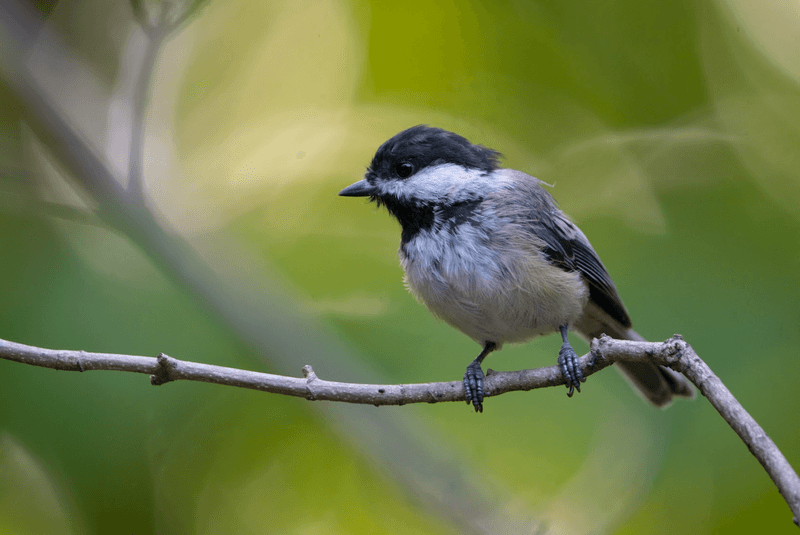
To attract chickadees, crafting a welcoming habitat is key. Chickadees favor environments that offer dense shrubbery and trees, which provide shelter and nesting sites.
Incorporating native plants not only supports chickadees but also encourages a healthy ecosystem by attracting a variety of insects that are crucial to their diet.
Birdhouses specifically designed for chickadees can significantly increase the chances of these birds choosing your garden.
The ideal birdhouse should be small and feature a hole about 1 1/8 inches in diameter, just the right size for chickadees to enter while keeping predators out. Position these birdhouses in a shaded area, close to food sources, to make them more appealing.
Water is another essential element. A small birdbath with clean, fresh water will attract chickadees looking to quench their thirst or clean their feathers.
The sound of moving water is particularly enticing, so consider adding a gentle bubbler to keep the water fresh and inviting. By focusing on these elements, you can create a haven that chickadees will love to call home.
3. Benefits Of Having Chickadees In Your Garden
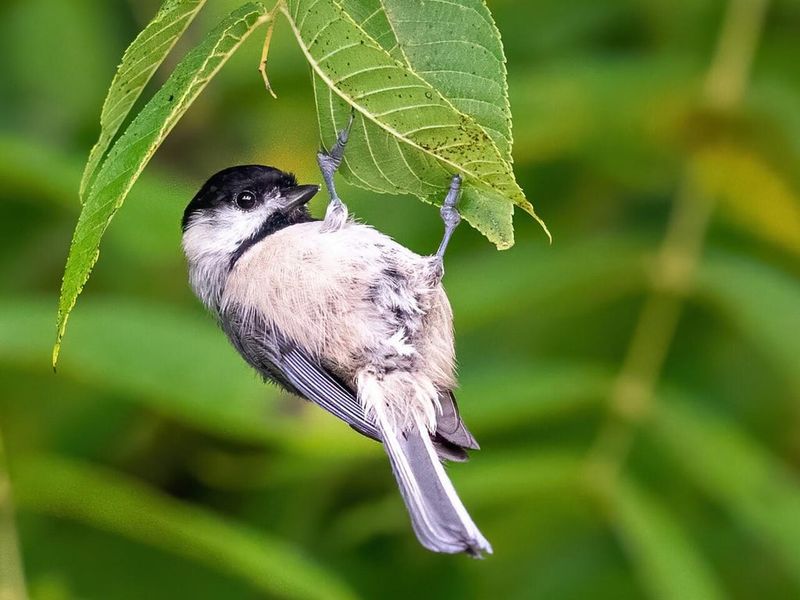
Having chickadees in your garden offers numerous benefits beyond their wasp-controlling abilities. These birds contribute to biodiversity, supporting the overall health of your garden’s ecosystem.
By preying on insects, they naturally keep pest populations in balance without the need for chemical pesticides.
Chickadees are delightful to watch, providing endless entertainment as they flit from branch to branch. Their spirited activity attracts other wildlife, creating a dynamic environment teeming with life. This increased biodiversity can lead to healthier plants and a more vibrant garden.
Moreover, chickadees play a role in seed dispersal, which can aid in the propagation of certain plant species. By eating and later excreting seeds, they help to spread various plants, promoting growth in different areas of your garden.
This natural process not only beautifies your space but also maintains ecological balance. By encouraging chickadees to visit, you invest in a sustainable and lively garden ecosystem.


